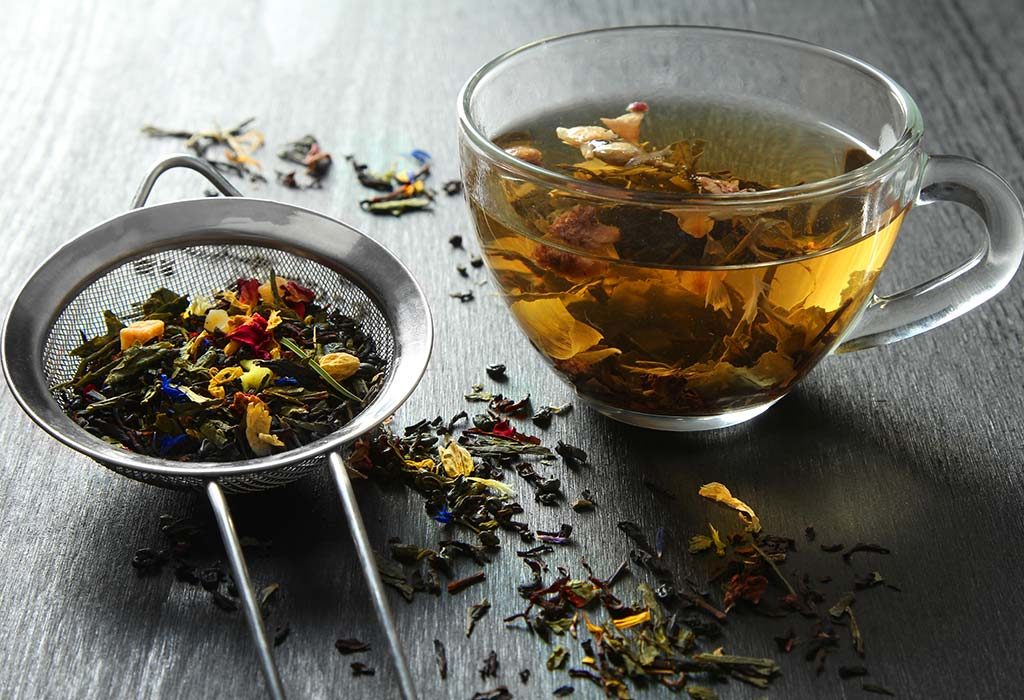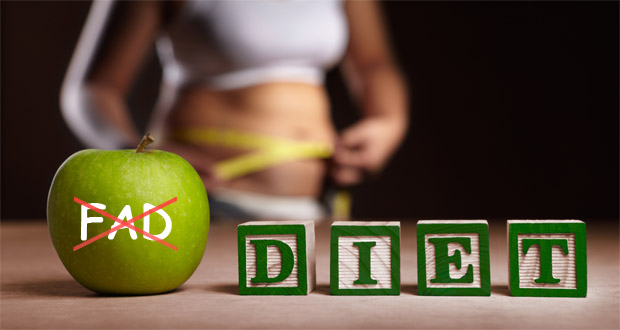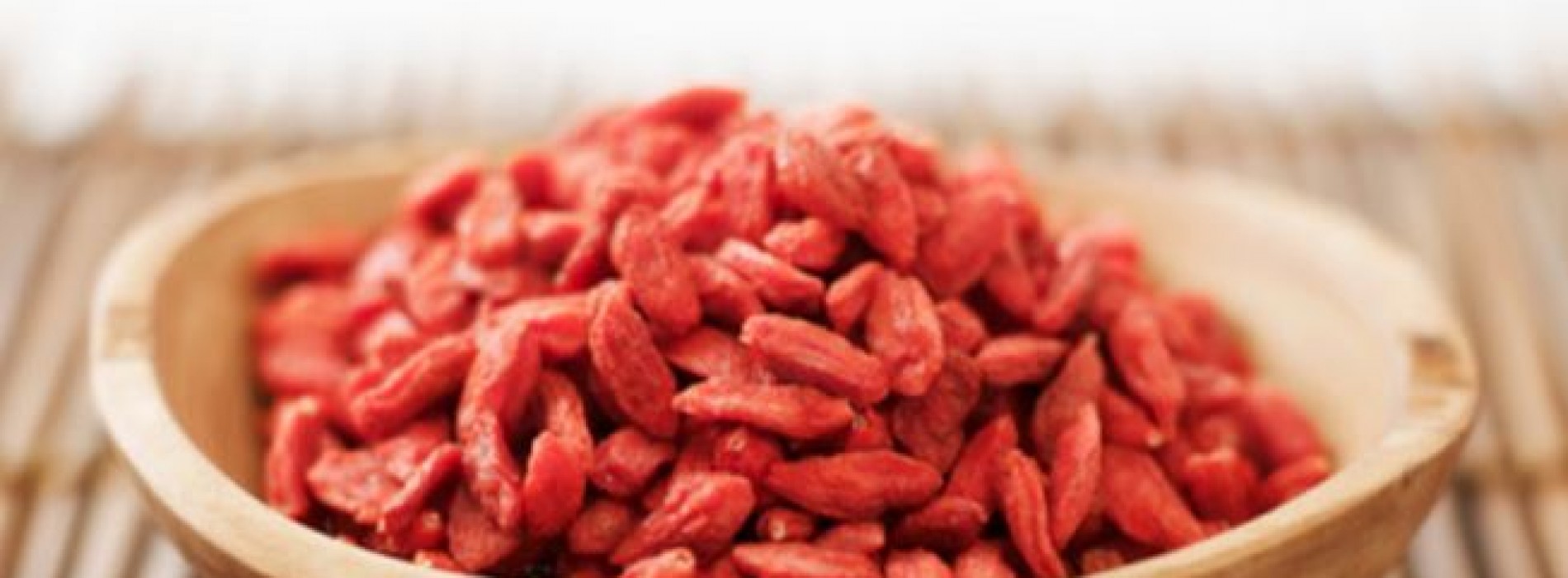Intense pain, tenderness, bleeding and itching associated with haemorrhoids can lead to an unpleasant feeling and disturb your daily routine. This condition is also known as piles, the swollen and inflamed veins in the anus and lower regions of the rectum can clot or protrude if left untreated. In severe cases, it may lead to rectal bleeding that may need prompt medical attention.
Haemorrhoids can cause sensitivity, itching, pain and bleeding, which make bowel movements very painful and difficult and may produce mucus discharge. Some of the causes of haemorrhoids include:

Genetics
Straining too hard to pass a stool
Diarrhoea or constipation
Obesity or overweight
Pregnancy
Consumption of highly processed and spicy foods
People who sit or stand for long hours are at high risk
A disciplined lifestyle and wholesome diet regimen play a key role in managing this condition. A good lot of foods can greatly help to mitigate symptoms while certain foods can cause a flare-up. Some of the foods that can help to improve the conditions include:
5 Incredible Foods To Shrink Haemorrhoids
Legumes
One of the main rules of thumb to avoid or prevent hemorrhoid flare-ups is to ensure that you are getting adequate fibre from the diet. Legumes such as beans, peas, lentils, soybeans, peanuts and chickpeas are a good source of both soluble and insoluble fibre. Chiefly soluble type of fibre in legumes forms a gel in the GI tract and digested by gut-friendly bacteria, while insoluble fibre adds bulk to the stool and helps to regularise the bowel movements. Thus adding legumes prevent piles and aids to ease symptoms.
Cruciferous Veggies
Cruciferous vegetables include broccoli, cauliflower, Brussels sprouts, kale, radishes, turnips, and cabbage. They are best known for their potent anticancer traits and also deliver a huge amount of insoluble fibre. This works to bulk the stool and regulate bowel movements. Furthermore, a host of plant compounds in cruciferous vegetables enhance gut flora and prevents haemorrhoids.
Root vegetables
Sweet potatoes, beets, carrots and potatoes are filling and laden with dense nutrient content. Being intrinsically rich in healthy fibre, they provide 3-5 grams of fibre per serving. While potatoes are packed with resistant starch, a type of carbohydrate that nurtures gut-friendly bacteria, reduces constipation and alleviates symptoms of piles. The perfect way to add root vegetables to the diet is to cook, steam, boil, sauté or roast them with the skin.
Bananas
Bestowed with vast reserves of pectin and resistant starch, bananas are one of the best food to add to your meal plan to soothe symptoms of haemorrhoids. Pectin in bananas makes a gel in the intestinal tract and resistant starch fuels gut-friendly bacteria both of which hold a significant role in preventing haemorrhoids.
Stay Hydrated
One of the key tricks to alleviate symptoms of haemorrhoids is to drink plenty of water. Staying well-hydrated will help you to regularise bowel movements and add bulk to the stool. Constipation is caused due to dehydration that further complicates piles. Thus drinking plenty of water assists to digest fibre and prevent constipation. Moreover, adding foods loaded with water content such as watermelon, cucumbers, celery may also help to manage haemorrhoids.











